By April 22, the thin veil of authority in the Führerbunker finally tore apart. This was the day Hitler had his most famous breakdown. The moment when denial gave way to full collapse.
The military briefing that morning was unusually brief and grim. Hitler was informed that Soviet forces had effectively split Berlin in two. The 9th Army, which he had irrationally insisted would break the siege, was encircled. There was no relief coming. No reserve force to call upon. The city’s fall was now not a matter of if, but when.
For a few stunned moments, Hitler sat in silence. Then came the explosion. In front of his generals and closest aides—including Wilhelm Keitel, Alfred Jodl, Hans Krebs, and Wilhelm Burgdorf—he erupted in rage. He shouted that the war was lost, that everyone had betrayed him, that the German people deserved to perish. He accused the Wehrmacht of cowardice, called his commanders disloyal, and declared that he would rather shoot himself than leave Berlin in disgrace.
The room fell silent. No one dared contradict him.
That outburst marked a clear turning point. For the first time, Hitler’s inner circle realized he had given up. He had accepted that the Third Reich was dead. But rather than take any practical action—such as negotiating surrender or saving civilian lives—he chose the path of personal annihilation and performative defiance.
Later that day, Hitler confided to a few of his aides, including Otto Günsche and Martin Bormann, that he intended to commit suicide. He discussed the logistics of how it would be done, asking Günsche to ensure his body would be burned.
Eva Braun, fully aware of what this meant, chose to remain by his side.
The psychological atmosphere in the bunker darkened further. Dr. Morell continued to administer medications, but Hitler no longer pretended to lead. He spent long hours in silence or pacing. Reports suggest he was nearly incoherent by evening.
The city shook with constant artillery. Above them, Soviet forces pressed inward from all sides. No reinforcements arrived. No miracle weapons were unveiled. The war Hitler launched was now pressing in on him from every direction.
And in the bunker, he finally said it aloud: it was over.
FULL SERIES:
Yes, Hitler Really Did Commit Suicide, 80 Years Ago
Part 1: April 20, 1945 – Hitler’s Last Birthday
Part 2: April 21, 1945 – The Net Tightens
Part 3: April 22, 1945 – The Breaking Point
Part 4: April 23, 1945 – The Succession Panic
Part 5: April 24, 1945 – The Axis of Betrayal
Part 6: April 25, 1945 – No Way Out
Part 7: April 26, 1945 – The Sky Closes
Part 8: April 27, 1945 – Rienzi
Part 9: April 28, 1945 – Wedding Day
Part 10: April 29, 1945 – The Day Before the End

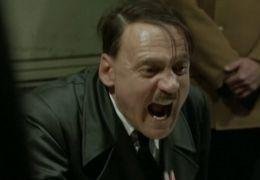

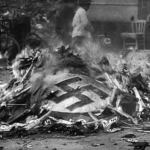
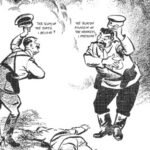


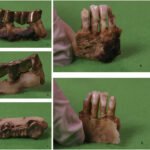
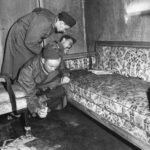
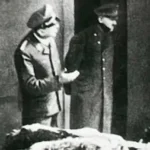



Leave a Reply